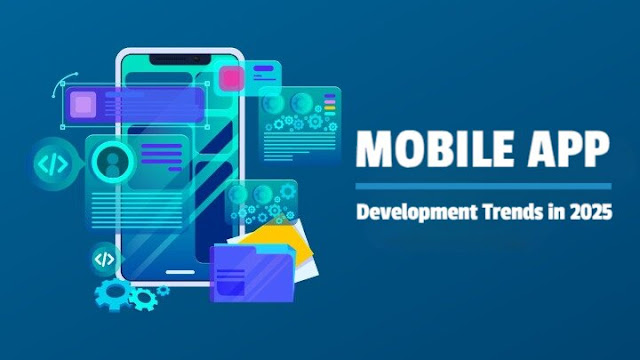Development of Mobile Apps using Business Intelligence
Business intelligence (BI) can be used in the development of mobile apps in a number of ways. Some common examples include:
- Personalizing the user experience: BI can be used to collect and analyze data on user behavior, such as what features they use most often, what products they view, and where they drop off in the app. This data can then be used to personalize the user experience by recommending relevant content, features, and products.
- Improving app performance: BI can be used to monitor app performance metrics such as load times, crash rates, and user engagement. This data can then be used to identify and fix performance bottlenecks and improve the overall user experience.
- Making better business decisions: BI can be used to track and analyze key business metrics such as sales, customer acquisition, and churn. This data can then be used to make better business decisions about product development, marketing, and customer support.
Here are some specific examples of how BI can be used in mobile app development:
- A mobile shopping app could use BI to track what products users are viewing and purchasing. This data could then be used to recommend new products to users, create targeted promotions, and optimize the product catalog.
- A mobile banking app could use BI to track user account activity and identify potential fraud. This data could then be used to improve security measures and protect users' accounts.
- A mobile healthcare app could use BI to track patient data such as vital signs, medication intake, and activity levels. This data could then be used to provide patients with personalized health recommendations and insights.
Here are some tips for using BI in mobile app development:
- Identify specific business goals. What do you want to achieve with your mobile app? Once you know your goals, you can identify the specific data that you need to collect and analyze to achieve them.
- Choose the right BI tools. There are a variety of BI tools available, so it is important to choose the right ones for your needs. Consider factors such as the size and complexity of your data, your budget, and the expertise of your team.
- Implement a data collection strategy. Once you have chosen your BI tools, you need to implement a strategy for collecting data from your mobile app. This may involve using SDKs, APIs, or other methods.
- Analyze the data and take action. Once you have collected data, you need to analyze it to identify trends and insights. Use this information to make changes to your mobile app and improve the user experience.
Mobulous is a mobile app development company that uses business intelligence (BI) to develop mobile apps that are more personalized, engaging, and efficient.
Mobulous uses BI to collect and analyze data on user behavior, app performance, and key business metrics. This data is then used to:
- Personalize the user experience: Mobulous uses BI to recommend relevant content, features, and products to users based on their individual preferences. Mobulous is a mobile app development company in California, USA.
- Improve app performance: Mobulous uses BI to identify and fix performance bottlenecks, improve load times, and reduce crash rates.
- Make better business decisions: Mobulous uses BI to track and analyze key business metrics such as sales, customer acquisition, and churn. This data is used to make decisions about product development, marketing, and customer support.
Here are some specific examples of how Mobulous uses BI in mobile app development:
- For a mobile shopping app : Mobulous used BI to track what products users were viewing and purchasing. This data was then used to recommend new products to users, create targeted promotions, and optimize the product catalog.
- For a mobile banking app : Mobulous used BI to track user account activity and identify potential fraud. This data was then used to improve security measures and protect users' accounts.
- For a mobile healthcare app : Mobulous used BI to track patient data such as vital signs, medication intake, and activity levels. This data was then used to provide patients with personalized health recommendations and insights.
.jpg)
Great blog and you should visit Techlancers a top android app development dubai providing top expertise in app domain.
ReplyDeleteAs experts in mobile solutions, CMOLDS develops feature-rich food delivery app abu dhabi that connect restaurants, drivers, and customers effortlessly. From real-time order tracking to secure payment gateways, our apps are designed to provide a smooth and reliable food delivery experience. We build scalable platforms that help food businesses and startups capture a fast-growing digital market in Abu Dhabi.
ReplyDelete